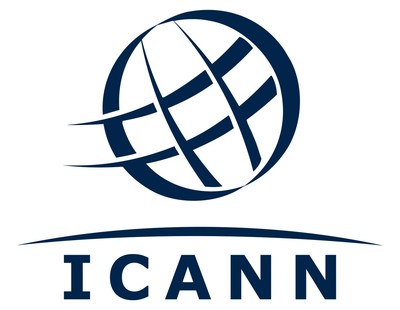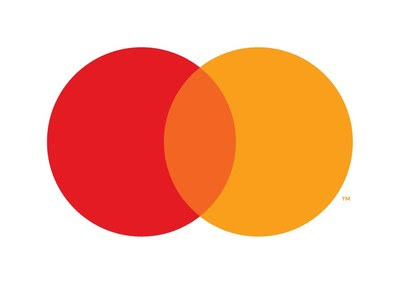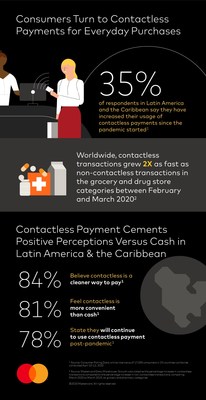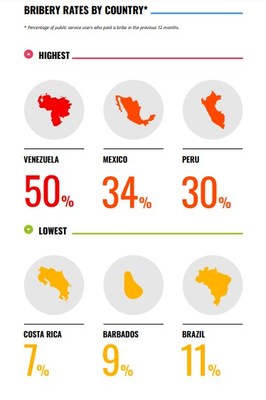Registration Open for ICANN DNS Symposium and LAC Domain Names Week
The Series of Events Runs From 23 to 26 September 2024
MONTEVIDEO, Uruguay, July 17, 2024 /PRNewswire-HISPANIC PR WIRE/ — Registration is now open for the 2024 Internet Corporation for Assigned Names and Numbers (ICANN) DNS Symposium (IDS) and the Latin American and Caribbean (LAC) Domain Names Week. Both events will be held in Santa Marta, Colombia and accessible online.

Commencing with a full day of plenary sessions, the week-long series of events promises a comprehensive exploration into the pivotal issues that impact the Domain Name System (DNS) landscape. These events are intended to foster ongoing collaboration among relevant stakeholders, which is key to ensuring the security, stability, and resiliency of DNS, which in turn supports a single, globally interoperable Internet. The schedule of events:
- Monday, 23 September – Plenary Sessions (IDS and LAC Domain Names Week)
- Tuesday, 24 September – LAC Domain Names Week
- Wednesday, 25 September – IDS
- Thursday, 26 September – DNS Community Day by the DNS Operations, Analysis, and Research Center (DNS OARC)
LAC Domain Names Week brings together individuals from the public and private sectors, as well as technical communities interested in exploring topics related to the DNS. Participants include registries, registrars, country code top-level domain (ccTLDs) and generic top-level domain (gTLD) resellers, intellectual property lawyers, and other interested professionals. This year, ICANN is organizing the event with the Latin American and Caribbean Address Registry, the Latin American and Caribbean Association of ccTLDs, the Internet Society, the Public Interest Registry, the Ministry of ICT of Colombia, and the ccTLD .CO.
The theme of IDS 2024 is “Navigating the Future: Innovations and Challenges in DNS Operations”.
“This marks the first time IDS 2024 will be hosted in Latin America since initiating the symposium in 2017,” said Matt Larson, VP of Research in the Office of the CTO, ICANN. “This opportunity is exciting and timely, with the region emerging as a dynamic hub of technological advancement and digital innovation”.
IDS is intended for attendees in the DNS industry, such as DNS hosting providers and others who operate DNS infrastructure, generic top-level domain (gTLD) brand and geographic registries, ICANN-accredited registrars, gTLD resellers, gTLD hosting providers, and registry service providers.
“Fostering these technical dialogues in a country that stands as the fourth-largest Information and Communication Technologies (ICT) market in Latin America is significant. It amplifies our collective impact on regional digital advancement,” said Rodrigo de la Parra, VP, Stakeholder Engagement, Latin America and the Caribbean, ICANN.
Please visit our registration page to sign up.
About ICANN
ICANN’s mission is to help ensure a stable, secure, and unified global Internet. To reach another person on the Internet, you need to type an address – a name or a number – into your computer or other device. That address must be unique so computers know where to find each other. ICANN helps coordinate and support these unique identifiers across the world. ICANN was formed in 1998 as a nonprofit public benefit corporation with a community of participants from all over the world.
Logo – https://mma.prnewswire.com/media/1810953/ICANN_Logo.jpg







